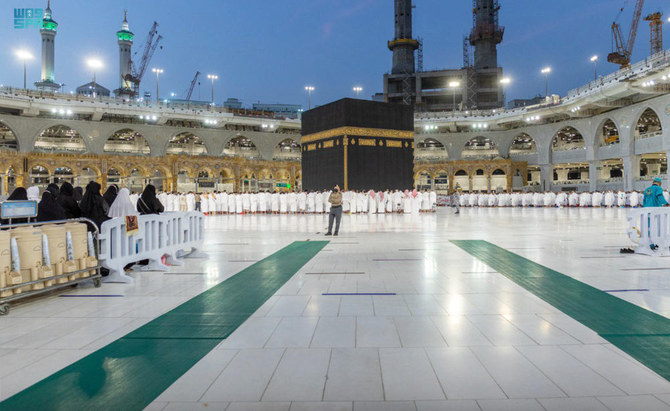
Saudi Arabia has recently advised pilgrims against stopping at the Black Stone in Mecca's Grand Mosque. This advisory is part of a broader effort to manage the immense crowds and ensure the safety and smooth flow of the millions of pilgrims who visit the holy sites each year for the Hajj and Umrah pilgrimages. The Black Stone, known as the Hajar al-Aswad, is a sacred object for Muslims, believed to have been sent down from heaven and placed in the corner of the Kaaba by Prophet Ibrahim (Abraham).
The Significance of the Black Stone
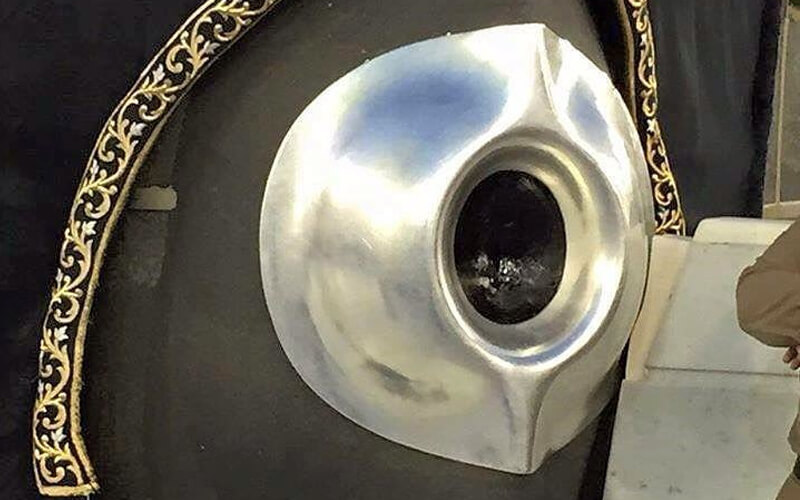
The Black Stone holds deep spiritual significance for Muslims worldwide. Touching, kissing, or pointing to the Black Stone is a practice known as istilam, which is an act of reverence and an emulation of the Prophet Muhammad's actions. While many pilgrims aspire to perform istilam, the immense number of people in the limited space around the Kaaba makes it extremely difficult and often dangerous.
Spiritual Importance: The Black Stone is seen as a physical representation of the covenant between God and humanity.
Prophetic Tradition: The practice of istilam is rooted in the tradition of the Prophet Muhammad.
Symbol of Unity: For millions of pilgrims, the Black Stone represents a focal point of their faith.
Safety and Crowd Management
The primary reason for the advisory is to prioritize the safety and well-being of all pilgrims in the Grand Mosque. The area around the Kaaba can become severely congested, and the desire of many to get close to the Black Stone often leads to dangerous crushes. By advising against stopping, authorities aim to:
Prevent stampedes and injuries: The movement of a large crowd is difficult to control, and a sudden stop can trigger a pile-up.
Ensure a smooth flow of Tawaf: Tawaf, the ritual circumambulation of the Kaaba, is a continuous movement. Stopping to touch the Black Stone disrupts this flow.
Enhance the overall pilgrimage experience: A less congested environment allows all pilgrims to perform their rituals in a more comfortable and secure manner.
The Grand Mosque in Mecca
The Grand Mosque, or Masjid al-Haram, is the largest mosque in the world and surrounds the Kaaba. It is the holiest site in Islam. The mosque is constantly undergoing expansion and renovation to accommodate the increasing number of pilgrims. The management of this massive influx of people is a complex logistical challenge, and advisories like the one regarding the Black Stone are crucial for maintaining order and safety. The Grand Mosque is more than just a place of worship; it's a global hub where millions of people from diverse backgrounds gather for a common spiritual purpose.
;More Travel News
-
 11-Nov-2025Saudi Government Health Instructions for Hajj 2026
11-Nov-2025Saudi Government Health Instructions for Hajj 2026 -
 21-Oct-2025UAE Visa Ban 2025: Suspended Visas for Nine Countries
21-Oct-2025UAE Visa Ban 2025: Suspended Visas for Nine Countries -
 11-Feb-2025Pakistani Umrah Pilgrims Offloaded Due to Lack of Polio Vaccination Certificates
11-Feb-2025Pakistani Umrah Pilgrims Offloaded Due to Lack of Polio Vaccination Certificates -
 19-Sep-2025Top 10 Festivals in Pakistan That Every Foreigner Should Experience
19-Sep-2025Top 10 Festivals in Pakistan That Every Foreigner Should Experience -
 28-Oct-2024Umrah Packing List: What to Take for Umrah
28-Oct-2024Umrah Packing List: What to Take for Umrah -
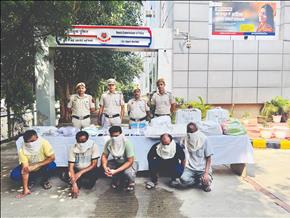 18-Sep-2024Europe Visa for 10 Lakh! - Indian Visa Factory Gang Arrested After Defrauding People of 300 Crore Rupees
18-Sep-2024Europe Visa for 10 Lakh! - Indian Visa Factory Gang Arrested After Defrauding People of 300 Crore Rupees -
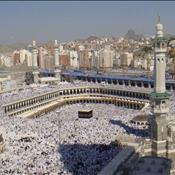 27-Feb-2020Due to Coronavirus Saudi Govt Banned Umrah Temporarily
27-Feb-2020Due to Coronavirus Saudi Govt Banned Umrah Temporarily -
 31-Oct-2024Fly Jinnah Expands International Reach with New Routes to Saudi Arabia from Lahore
31-Oct-2024Fly Jinnah Expands International Reach with New Routes to Saudi Arabia from Lahore -
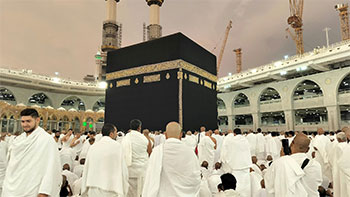 28-Sep-2025Top 10 Umrah Travel Agencies in Pakistan — Best Picks for 2025
28-Sep-2025Top 10 Umrah Travel Agencies in Pakistan — Best Picks for 2025 -
 22-Nov-2025PIA Airline and Biman Seal Strategic Cargo Pact
22-Nov-2025PIA Airline and Biman Seal Strategic Cargo Pact -
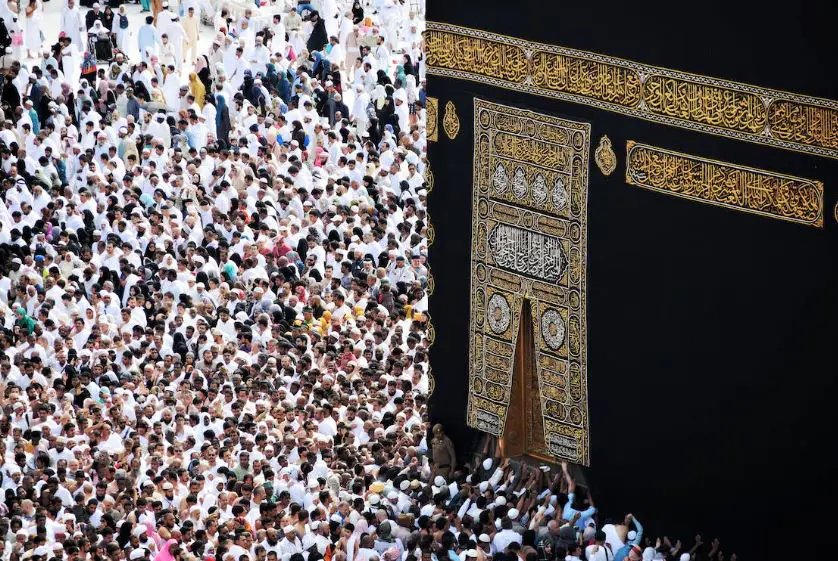 26-Jun-2025Journey of Faith Unbound: Saudi Arabia Allows Women to Perform Umrah Without Mahram in 2025
26-Jun-2025Journey of Faith Unbound: Saudi Arabia Allows Women to Perform Umrah Without Mahram in 2025 -
 07-Feb-2025Fly Jinnah Announces New Routes to Bahrain and Riyadh, Expanding Connectivity for Pakistani Travelers
07-Feb-2025Fly Jinnah Announces New Routes to Bahrain and Riyadh, Expanding Connectivity for Pakistani Travelers
